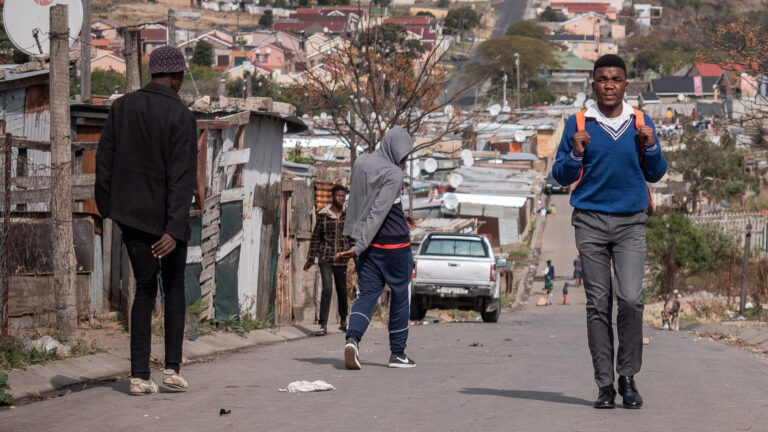As we commemorate Mandela Day, we must move beyond symbolic gestures and commit to action that
addresses the deep fractures in South African society. Creating meaningful work for young people, especially work for the common good, is key to building the social cohesion Madiba fought for.
Under the expanded definition of unemployment, 56.4% of South Africans aged 15-34 are unemployed. Nearly a staggering 4 million South Africans between the ages of 15 and 24 are not in education, employment, or training. Not only are these shocking statistics, but they are also symptoms of deep social fragmentation. When young people are locked out of meaningful participation through employment, the risk increases for despair, depression, and disillusionment.
It’s a fact that not all valuable work is profitable work. Much of the labour that holds society together, such as care work, environmental work, or youth development, falls outside the interest of the market.
That’s where civil society steps in.
“These gaps are being filled by NGOs supported by the Social Employment Fund and the National Youth Service,” says Bridget Hannah, Innovation Director at DGMT. “They employ people to run food gardens, clean public spaces, facilitate after-school sports programmes, offer counselling, and run art classes. These aren’t acts of charity, they’re investments in the public good, valuable, much-needed work that builds social cohesion, dignity, and resilience.”
This is the kind of work that often goes unseen because it doesn’t generate profit, but it generates connection, belonging, and hope. Initiatives like these embody the very spirit of Mandela Day. They are practical, hopeful expressions of solidarity.
They allow young people to serve their communities while they develop skills, social capital, and confidence. However, for all the proven success of such initiatives, the Presidential Employment Stimulus, which supports public employment programmes, saw its budget slashed by two-thirds in 2024. “The result is that over 300,000 people were cut off from income, purpose, and more importantly, hope,” Hannah explains.
At a time when these programmes should be expanded, they are shrinking. “The mistaken consensus is that these initiatives are a drain on the fiscus. But what many don’t realise is that they are an investment in our shared future,” says Hannah. A massive shift is needed in thinking and direction. Growth isn’t a precondition for dignity. It is the other way around. Dignity is the foundation of growth.
This means we need to:
- Embed meaningful public work into South Africa’s economic model. This must not be seen as a stopgap, but a permanent feature of inclusive development. Imagine one day, youth looking back at their time spent in public employment, wearing it as a badge of honour because they helped South Africa grow.
- The Social Employment Fund and National Youth Service must be funded to scale. Every community
must be reached where opportunity is lacking. - Work that strengthens our social fabric must be prioritised. These include care work, early learning,
environmental stewardship and community safety.
We need to invest in meaningful work to build trust, dignity, and cohesion in South Africa.
“We can’t ask young people to wait. These initiatives must be prioritised. Mandela Day asks us for 67 minutes of service, but young South Africans are ready to serve their communities for a lifetime,” Hannah concludes.
